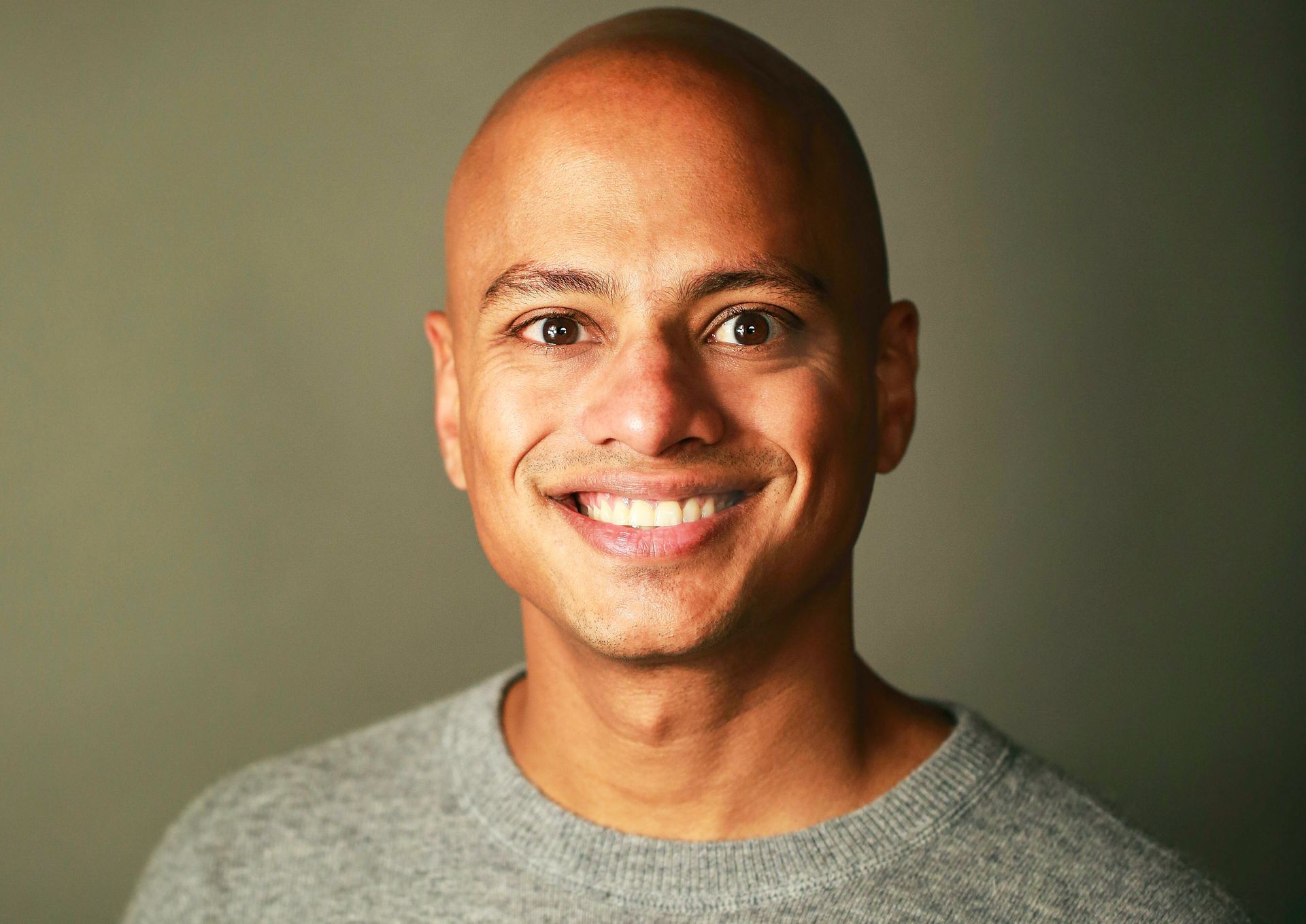The UnAmericanism of Obstinacy
"For sure, people are entitled to their own opinion, but the very idea of democracy exists upon implicit confidence in the virtue of disagreement, the necessity of debate, and the imperative of compromise ... based on the essential premise that its citizens must be willing to negotiate in good faith, based on facts and reason."
Yesterday, as I do every month, I hosted a Zoom chat that brought together a diverse group of elected, appointed, and staff officials from town and city councils, school boards, state agencies, and nonprofit organizations across the country for an hour of sharing and mutual support.
Our topic was "How to practice civility in even the sharpest moments of contention," and the discussion quickly differentiated among three (somewhat simplified) levels of disagreement:
At one, residents naturally possess differing perspectives on what constitutes a smart or desirable decision for the community, which can lead to conflict.
At another, residents have legitimate reasons to be upset when a town has not done a good job of anticipating a situation or communicating its preparation or response.
But the majority of our discussion focused on the alarming third level where someone’s ire exceeds specific issues and actually attacks opponents, injects chaos, and aims to undermine confidence in entire systems of governance. It’s a ‘scorched earth” approach to community dialogue that’s seeks dominance and disruption over meaningful consideration of various viewpoints.
Obstinance is defined as stubborn adherence to one’s opinion despite reason or persuasion.
For sure, people are entitled to their own opinion, but the very idea of democracy is exists upon implicit confidence in the virtue of disagreement, the necessity of debate, and the imperative of compromise. Though not perfect, the system of government set forth by our nation’s founding fathers is based on the essential premise that its citizens must be willing to negotiate in good faith, based on facts and reason.
Obstinacy is antithetical to the foundation of democracy, impeding progress and fostering a toxic environment that views empathy and compromise as undesirable traits.
Civility demonstrates a commitment to constructive and respectful dialogue, which moves our communities and our nation from conflict to conversation.



